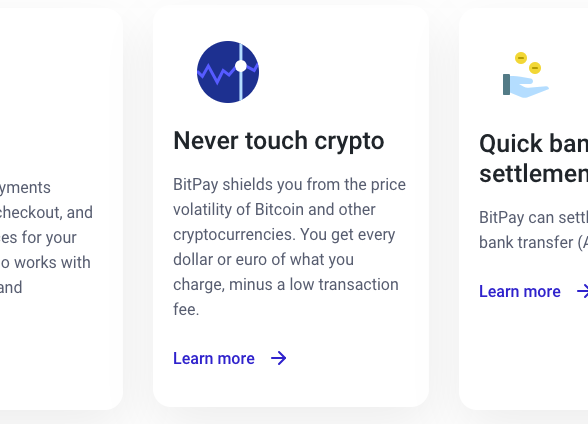Is Cryptocurrency Money?
Cryptocurrencies have inherent issues that may prevent them from ever being widely used as money.
One of the more interesting concepts you learn when you get a degree in economics is the basic functions of money. Money is so ubiquitous you would be hard-pressed to find someone in the modern world who doesn't know what it is or hasn't used it. It has existed for thousands of years in a variety of forms.
Something must fulfill three basic functions to qualify as money to economists:
- It must be a medium of exchange.
- It must be a unit of account.
- It must be a store of value.
Arguably, any good or service could fulfill these requirements to varying degrees. What's interesting about many of the fiat currencies used in modern economies is that they generally fulfill only these functions, and fulfill them quite well. This distinguishes them from other monies used throughout time which often had other uses (e.g. precious metals, crops, salt).
So how does cryptocurrency as a category measure up to these requirements? Let's try to estimate the currency-ness of crypto by examining how it fulfills each of the properties of money.
Medium of exchange
The measure of something being a medium of exchange is the level to which it is accepted in exchange for goods and services. It is a self-promoting quality. The more something is accepted in exchanges, the more likely it is that it will be accepted in other exchanges.
In theory, we could measure this quality of each crypto by determining its usage in exchange for goods and services throughout the global market. Its usage as investments would not qualify for this measure. Ideally, to qualify as being used as a medium of exchange, a cryptocurrency should be used directly to purchase a good or service, not converted into dollars before arriving in the seller's bank account.
In a research paper by Visa, they found that only 21% of the adult population has used crypto for purchases. They also found that only 19% of this population was interested in using crypto directly for purchases, while 55% of those surveyed were interested in "crypto-linked cards".
A "crypto-linked card" would be used to turn crypto into cash behind the scenes when making purchases. So if said consumer were to get a refund, they wouldn't get the same amount of crypto back, they would get back crypto equal to the dollar amount they spent in their purchase.
Overall, it appears that crypto is not currently used as a medium of exchange and is not, if the Visa research paper is to be trusted, heading in that direction.
Unit of account
Something is a unit of account to the extent that it is used as a measure of the value of something else. We don't generally measure the value of a home, for example, in anything other than dollars. It wouldn't be very useful to measure the value of a home in something like rubber bands.
Were someone to state the value of something in a cryptocurrency (without having to also state the value of said cryptocurrency in dollars), they would be using that cryptocurrency as a unit of account. To what degree are the top cryptocurrencies used this way? Not much. The value of cryptocurrency is almost always measured by its dollar value, not the other way around.
If articles on the internet identified the value of things using various crypto, we would have to look up their current exchange rate to USD each time. The point of a currency being a unit of account is that we can identify the value of something by referencing an amount of that currency alone.
So it appears that crypto is not particularly useful as a unit of account.
Store of value
When you receive a dollar in wages, you expect that dollar to be worth a dollar a month from now. That is what being a store of value means, that the value of an item remains relatively stable.
Of course, even the monies of the world economic systems are not perfect stores of value. This has been a proposed benefit of cryptocurrency: it would be a decentralized currency that could not be inflated, unlike the currencies of the world that are usually managed by a central bank. The currencies of many nations generally experience steady inflation of 2-3% (although, in the past few years, we've experienced higher rates).
It's telling that the payment solution BitPay uses the words "never touch crypto" as a selling point. Even they know that businesses prefer the less volatile US dollar.

So crypto isn't particularly useful as a store of value.
Could crypto ever be money?
As I have shown, crypto fulfills the functions of money quite poorly. One may claim, however, that although crypto does not currently fulfill any of the essential functions of money, it likely will one day.
This may be possible, but there are a few problems that any given cryptocurrency needs to solve first for that to happen:
- Its transactions need to be near-instantaneous all of the time. While some coins meet this criteria, many do not.
- It needs to be accepted directly as a form of payment for the vast majority of goods and services.
- The prices of goods and services need to be listed in amounts of the coin.
- Its value needs to be at least as stable as fiat currencies.
Note that this list is not exhaustive.
The last item on this list is probably the most difficult for a coin to solve. Currently, what is attractive about cryptocurrencies for many people is their usefulness as a speculative investment. The problem is that the more a stable a coin is, the less attractive it is as said investment.
Time will tell if any coins are able to overcome these hurdles.